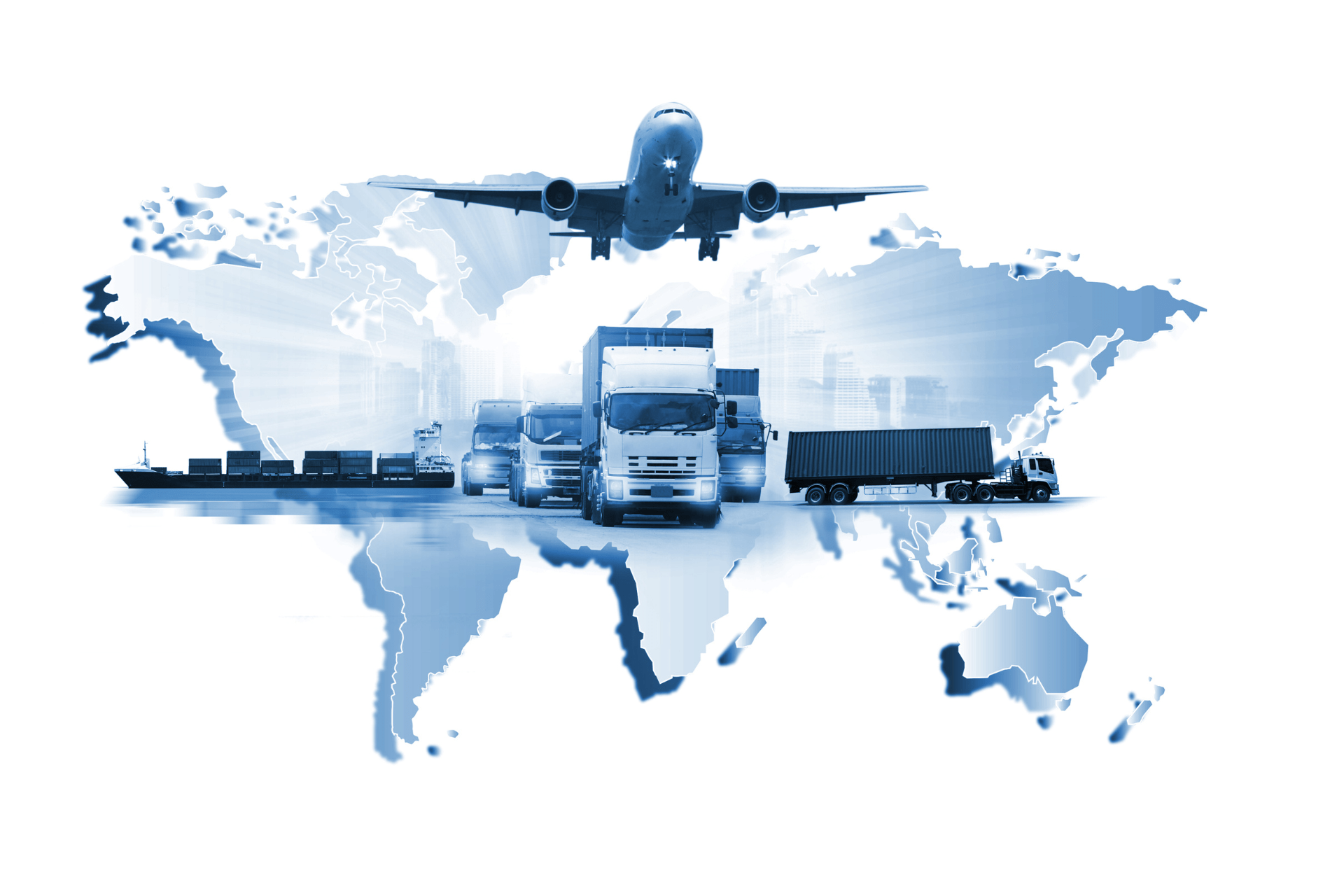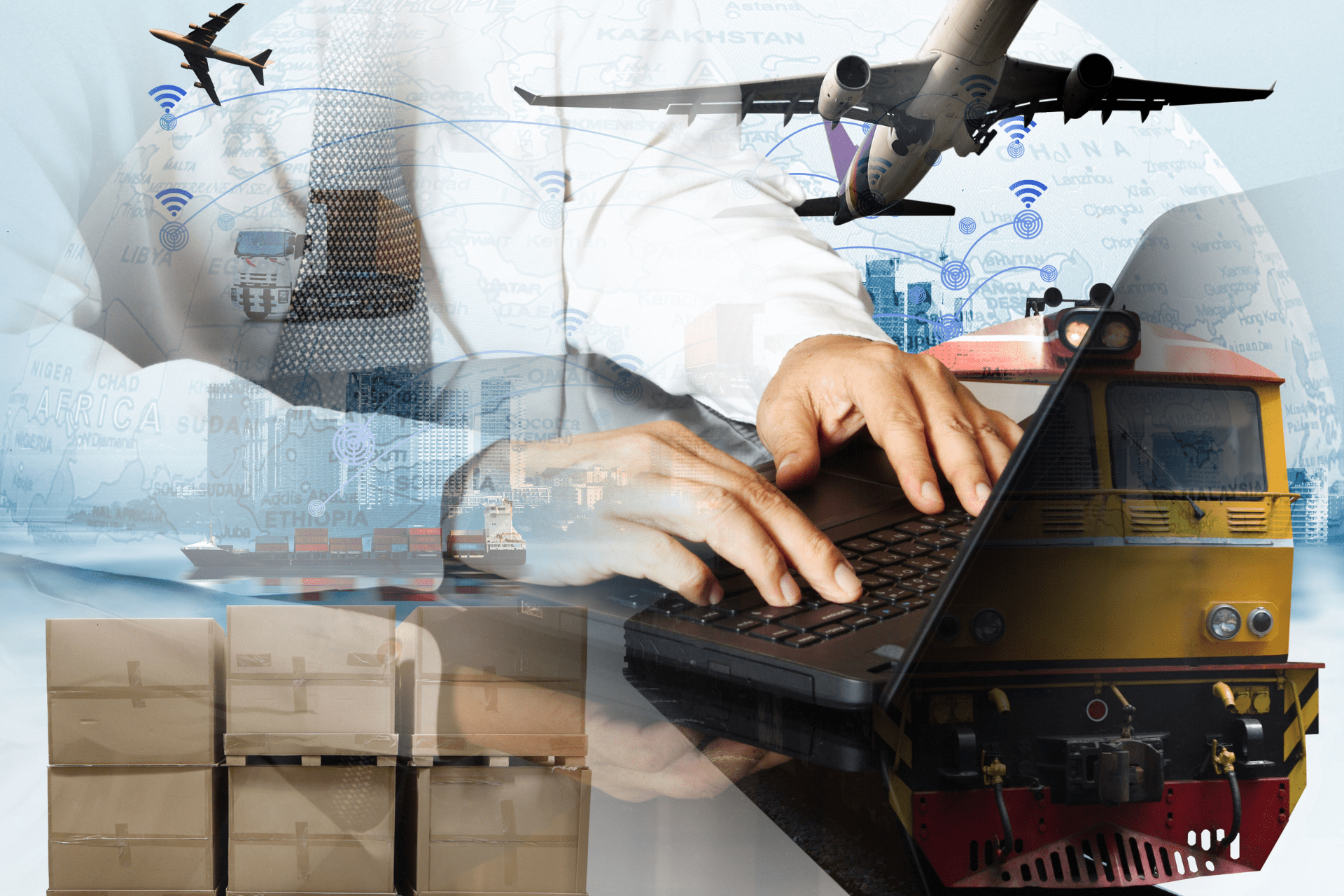
The freight transportation industry is constantly evolving, and it's important for companies to stay ahead of the curve. From advancements in technology to changing customer demands, there are a number of factors that are shaping the future of the industry. Here are some predictions and trends to watch in the coming years.
Increased use of technology. The use of technology, such as autonomous vehicles, real-time tracking, and artificial intelligence (AI), is expected to continue to grow in the freight transportation industry. This technology will help companies improve efficiency, reduce costs, and enhance the customer experience.
Focus on sustainability. As customers become more conscious of the environmental impact of their purchases, companies are under increasing pressure to adopt sustainable practices. The freight transportation industry is no exception, and we can expect to see a greater emphasis on fuel-efficient vehicles and eco-friendly shipping methods.
Shift to electric vehicles. The trend towards electric vehicles is expected to accelerate in the coming years, and the freight transportation industry is no exception. Electric trucks offer several advantages, including lower fuel costs and reduced emissions, making them an attractive option for companies looking to reduce their environmental impact.
Growth in e-commerce. The rise of e-commerce is expected to continue, leading to an increase in demand for fast and reliable delivery services. Companies in the freight transportation industry will need to adapt to meet this growing demand by improving delivery times and offering flexible options for customers.
Rise of the gig economy. The "gig economy" is becoming increasingly popular, and this trend is expected to continue in the freight transportation industry. Companies will need to adapt to the changing landscape by offering flexible work arrangements and utilizing technology to manage a dispersed workforce.
In conclusion, the future of the freight transportation industry is shaped by a range of trends and advancements in technology. Companies that are able to stay ahead of the curve and adapt to these changes will be well-positioned for success in the years to come.

The trucking industry has seen many advancements in technology in recent years, and the trend is set to continue. From GPS tracking to electronic logging devices (ELDs), technology is playing a critical role in improving operations and enhancing the customer experience in the trucking industry.
Here are some of the ways technology is transforming the trucking industry:
Improved fleet management. Technology such as GPS tracking and telematics allows fleet managers to monitor the location, speed, and efficiency of their vehicles in real-time. This information can be used to optimize routes, reduce fuel consumption, and improve overall fleet efficiency.
Enhanced safety. Electronic logging devices (ELDs) help improve safety by monitoring and recording driving hours, ensuring compliance with hours of service regulations. Other safety technologies, such as collision avoidance systems, can help prevent accidents by alerting drivers to potential hazards on the road.
Streamlined communication. Technology such as mobile apps and messaging platforms allows for real-time communication between drivers, dispatchers, and customers. This improved communication leads to a more efficient and streamlined delivery process.
Improved customer experience. Technology such as real-time tracking and delivery notifications allows customers to have a more transparent and informed experience. They can track the progress of their delivery and receive updates on its status, improving the overall customer experience.
Increased efficiency. Technology such as automation and artificial intelligence (AI) can help improve efficiency by streamlining processes and reducing manual errors. For example, AI-powered route optimization can help reduce fuel consumption and improve delivery times.
In conclusion, technology is playing a crucial role in improving operations and enhancing the customer experience in the trucking industry. With the rapid advancements in technology, the future looks bright for the industry, and companies that embrace it are likely to see significant benefits

